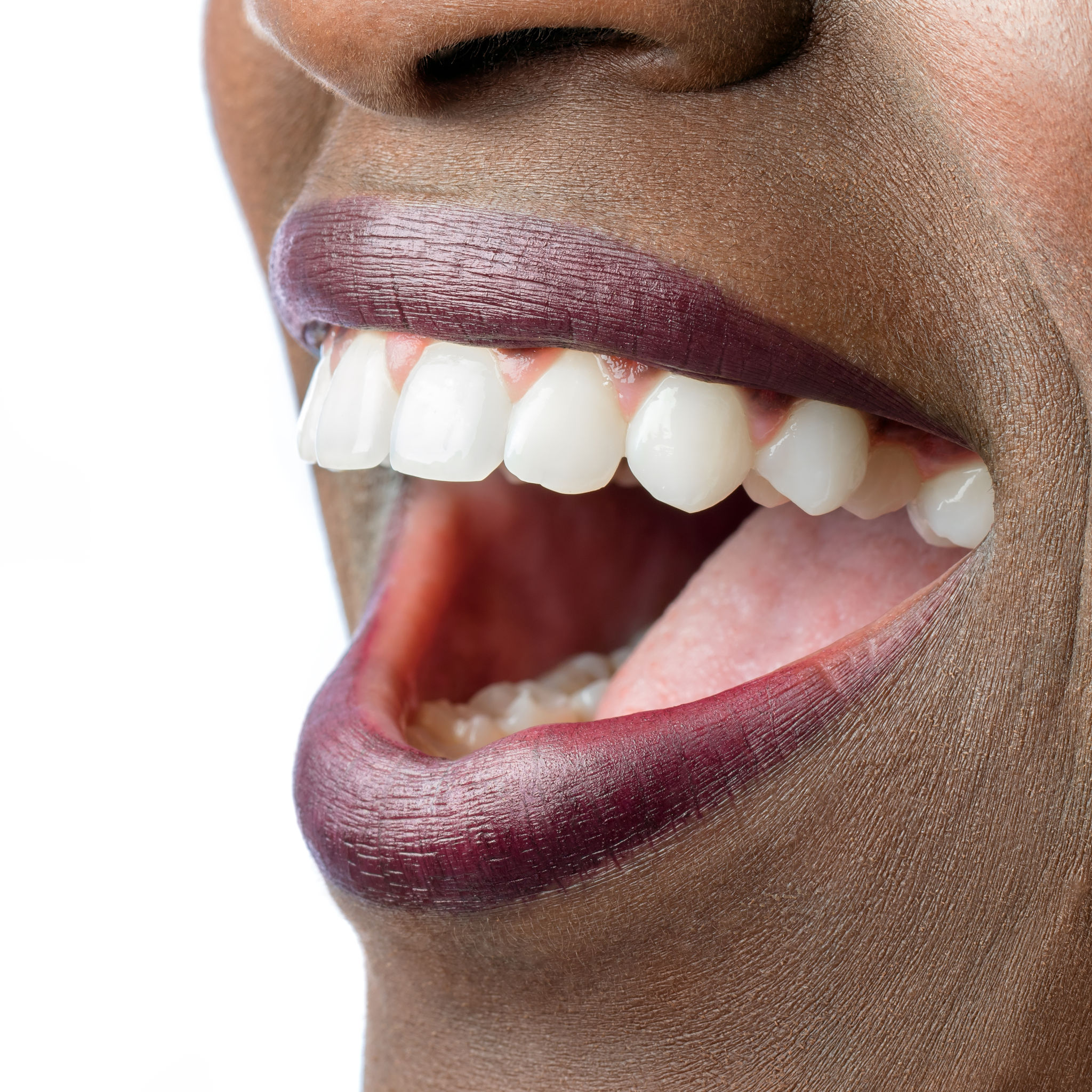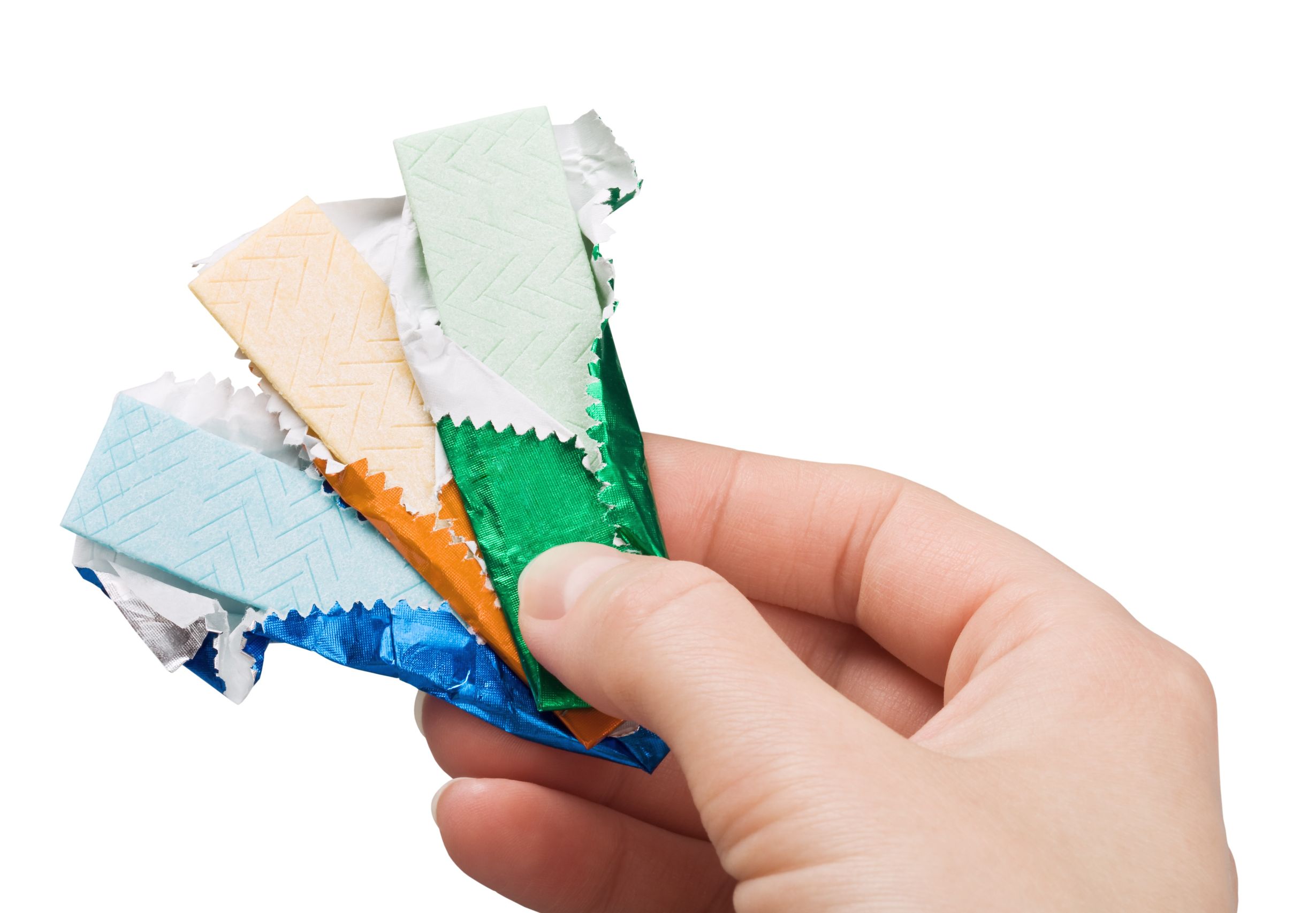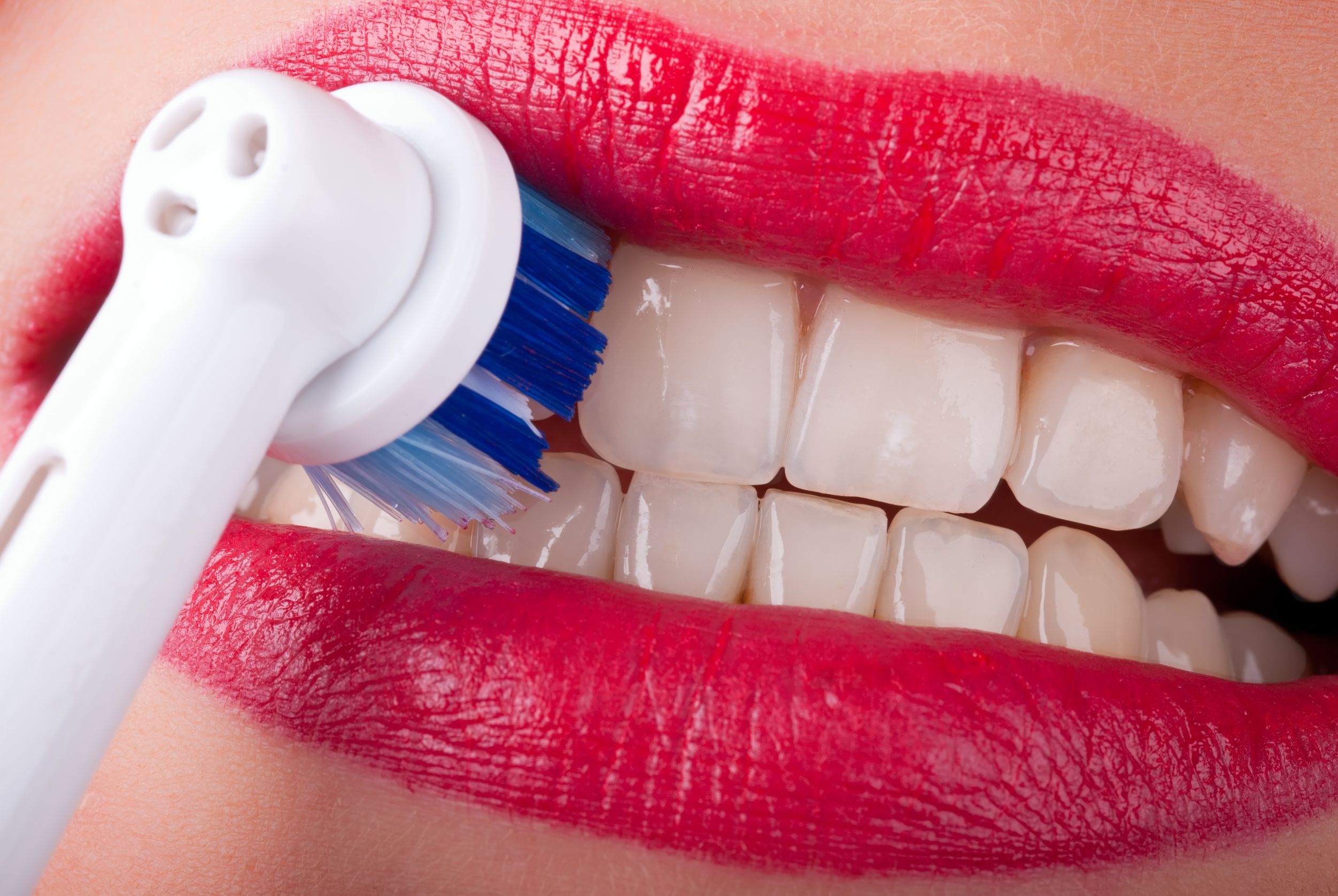
Healthy mouths and healthy bodies are one in the same. Not only will proper oral care ensure a bright, white smile, good oral hygiene can improve your overall health. Improving your oral health can help reduce your risk of disease and has been linked to a stronger memory later in life.
Proper oral care during childhood years can really pay off during adulthood. Healthy brushing, flossing and rinsing habits, along with regular trips to the dentist can boost your overall health. Here are six ways teeth and gum care leads to a healthy mouth and body.
Increases Self-esteem and Confidence The bad breath and discolored teeth that accompany gum disease and decaying teeth can limit your confidence and self-esteem. With healthy mouths come an increased quality of life. Individuals with healthy mouths are able to eat a broader diet, sleep better and experience less tooth pain and mouth infections.
Lowers Heart Disease Risk Gum disease causes a chronic inflammation of the tissues surrounding the mouth. This inflammation has been associated with heart disease, blockages of blood vessels, strokes and other cardiovascular problems. While experts have not confirmed the link between gum disease and other health conditions, research indicates that maintaining oral health can improve overall health.
Preserves Memory According to reports from the Journal of Neurology, Neurosurgery and Psychiatry, adults with gingivitis performed worse on memory and cognitive tests than those with healthy gums and mouth. Individuals with gingivitis scored lower on tests involving delayed verbal recall and subtraction.
Gingivitis causing bacteria can be reduced with antibacterial mouthwash and toothpaste.
Reduces Inflammation and Infection Infection in other parts of the body has been linked to poor oral health. Specifically, research has indicated an association between gum disease and rheumatoid arthritis, a condition that causes inflammation of the joints. Regular visits to the dentist, a balanced diet, brushing, flossing and using an antiseptic mouthwash can all lower your risk for tooth decay and gum disease.
Stabilizes Blood Sugar Many people with diabetes also have gum disease. Since diabetes weakens your ability to fight infection, it can increase your chances of developing severe gum problems, making it more challenging to manage blood sugar levels. For diabetics, proper oral health may help with blood sugar control.
Benefits Pregnant Women Gingivitis increases during pregnancy. There has also been evidence of a correlation between gum disease and low birth weight, preterm babies.
Visit our Ooltewah dentist office to keep your smile bright and white and improve your overall health.
 Healthy mouths and healthy bodies are one in the same. Not only will proper oral care ensure a bright, white smile, good oral hygiene can improve your overall health. Improving your oral health can help reduce your risk of disease and has been linked to a stronger memory later in life.
Healthy mouths and healthy bodies are one in the same. Not only will proper oral care ensure a bright, white smile, good oral hygiene can improve your overall health. Improving your oral health can help reduce your risk of disease and has been linked to a stronger memory later in life.  According to a 2015 study, 100 million bacteria can be removed from the mouth after 10 minutes of chewing sugar free gum. There are more benefits to chewing gum than just minty fresh breath. It can help various other aspects while you chew:
According to a 2015 study, 100 million bacteria can be removed from the mouth after 10 minutes of chewing sugar free gum. There are more benefits to chewing gum than just minty fresh breath. It can help various other aspects while you chew: Walking down the oral care aisle can seem a little over whelming. There are so many options when selecting a toothbrush. Soft, medium, hard bristles in different shapes and colors, then there is deciding between a manual or electric toothbrush. With countless options available, it can be difficult to choose what will provide the best cleaning.
Walking down the oral care aisle can seem a little over whelming. There are so many options when selecting a toothbrush. Soft, medium, hard bristles in different shapes and colors, then there is deciding between a manual or electric toothbrush. With countless options available, it can be difficult to choose what will provide the best cleaning. Just as candy, sweets and sports drinks can increase your risk for tooth decay, so too can liquid medications. There are a variety of ingredients commonly found in cough drops and syrup medications that can leave you more susceptible to tooth decay and cavities, especially when the medicine is taken consistently over long periods of time.
Just as candy, sweets and sports drinks can increase your risk for tooth decay, so too can liquid medications. There are a variety of ingredients commonly found in cough drops and syrup medications that can leave you more susceptible to tooth decay and cavities, especially when the medicine is taken consistently over long periods of time.